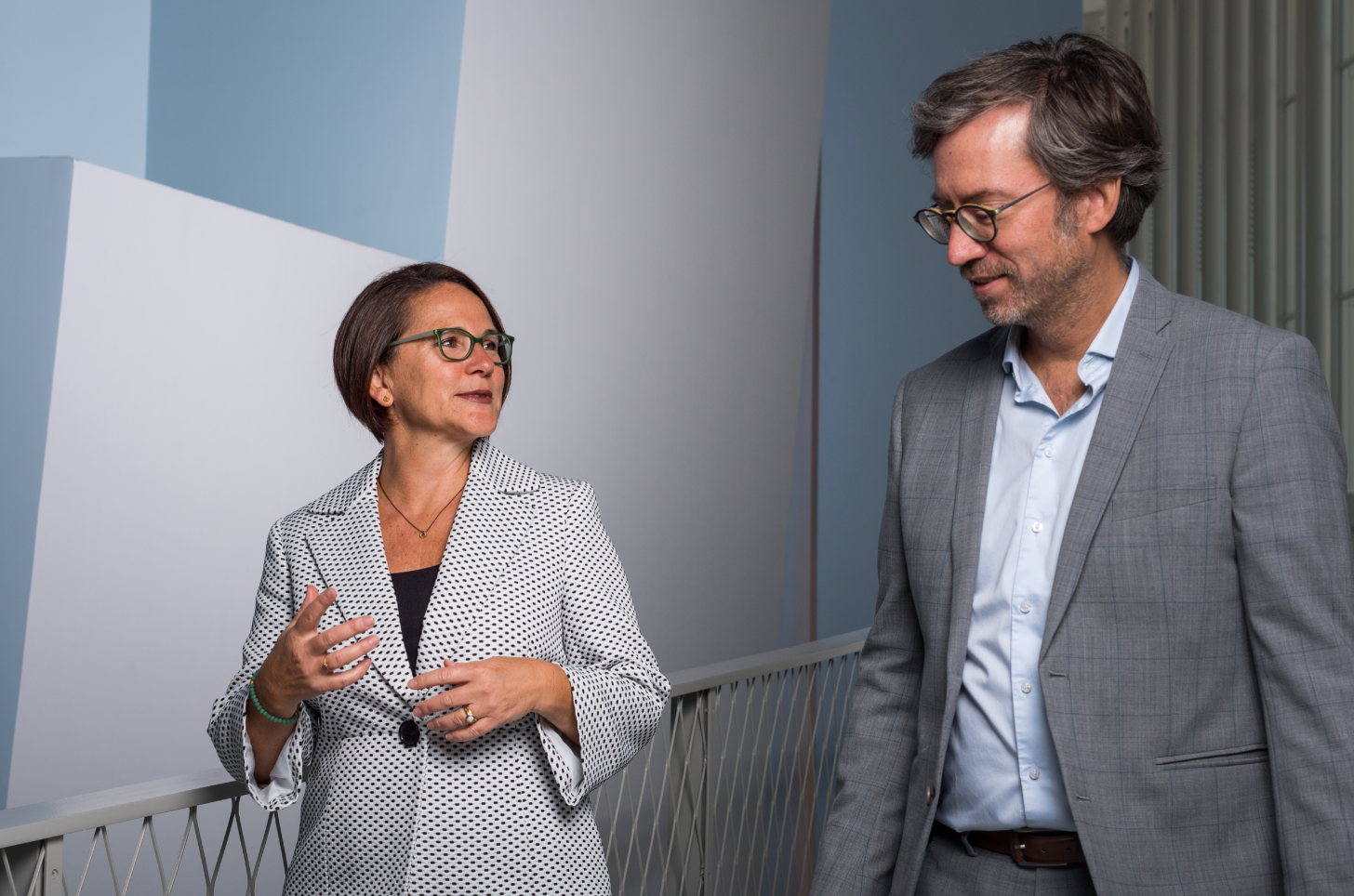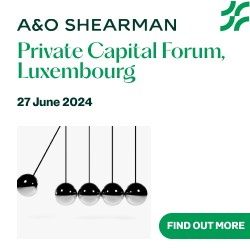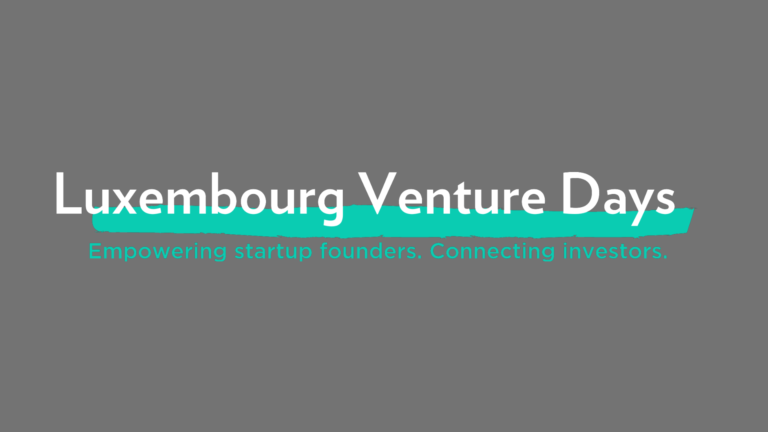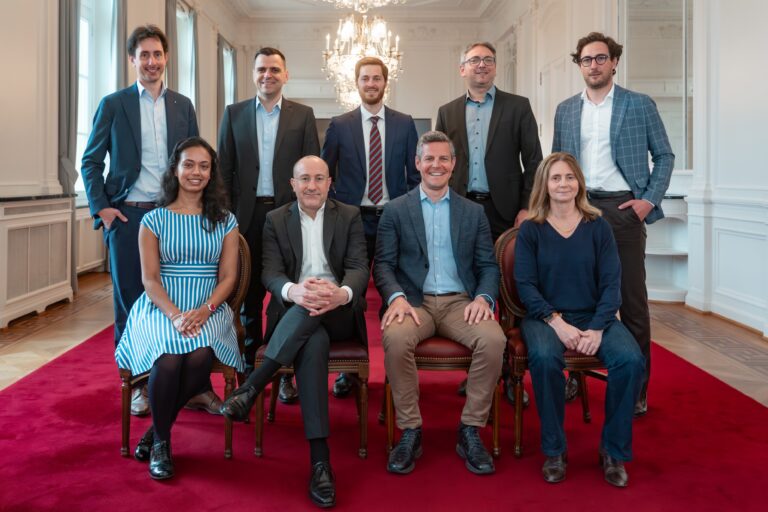Interview of Yuriko Backes, Luxembourg Minister of Finance as featured in Insight Out Magazine #23
Yuriko Backes says “my Ministry is committed to ensure that Luxembourg maintains a favourable environment that allows the financial industry to innovate and reach international investors and clients”. Interview with our Minister of Finance.
The Private Equity (“PE”) and Venture Capital (“VC”) industries have evolved a lot and have boomed in Luxembourg over the last years, therefore and based on your observations how important has this specialised sector become for the Luxembourg economy, our financial hub and the Ministry of Finance?
The private and venture capital industry, and the alternative fund sector more broadly, have indeed seen significant growth. A number of factors have contributed to the boom you mention. The sustained low interest rate environment over the past decade has driven a search for yield on the investor side, which together with a new comprehensive regulatory framework in Europe in the shape of the Alternative Fund Managers Directive, have strongly contributed to mainstreaming alternative asset classes and attracting new investors, ranging from large pension funds to family offices.
At the same time, the Ministry of Finance has proactively supported this growth, not only through the first-mover advantage of swiftly adopting EU legislation, but also by constantly updating and improving national legislation. The introduction of a limited partnership regime, modelled on Anglo-Saxon LPs, as well as the Reserved Alternative Investment Fund, are two prominent examples. My team and I at the Ministry are committed to continuing in this vein to help create a conducive environment for the sector to thrive.
It is also important to underline that this growth has been both quantitative as well as qualitative. On the one hand, we’ve seen yearly growth rates between 20 and 30% on average in assets in private equity and VC funds over the past few years. On the other hand, Luxembourg’s PE and VC industries have been climbing up the value chain, with the arrival of new GPs, fund managers and service providers, the creation of new and additional job profiles, as well as the launch of new funds and increasingly larger funds. The role of Luxembourg in the value chain thus continues to grow, with the country today acting as the leading EU hub for private equity funds.
This is, by the way, something that was confirmed to me in various meetings I had with asset managers abroad, including most recently in London.
It is therefore fair to say that the importance of this sector to the financial centre as well as our economy has grown significantly over the past years. Having said that, I believe it is important to remind ourselves that one of the strengths of Luxembourg’s financial centre is precisely its diverse and comprehensive financial sector ecosystem, ranging from funds and capital market activities to banking and insurance. The growth of one segment, such as private equity, benefits the entire ecosystem, from depositary banks and fund administrators to lawyers and Fintech firms. And vice-versa, this growth is made possible in the first place by having access to the expertise that has been developed in this ecosystem over many decades.
International and local regulations have continued to increase over the last years and are sometimes becoming quite complicated to navigate. Do you see an end to this trend and can directives, new rules also represent business opportunities?
The regulatory framework in Luxembourg is primarily determined by EU regulation. Since the global financial crisis in 2008, there has indeed been a sustained wave of financial sector regulation in Europe, but also in other parts of the world. Regulation, of course, needs to constantly evolve to remain in step with new market developments: 10 years ago, no one talked about crypto-assets, for example. It is therefore inevitable that we will continue to see a sustained pace in regulation. However, I agree that this should not mean that regulation should by default become more complex to implement.
In negotiations at the European level, Luxembourg always advocates for smart regulation that is pragmatic and takes into account the realities of providing financial services and products across national borders within the single market and beyond.
We defend the principle that the EU should remain open and connected to the rest of the world. Today, financial services, and the investment fund sector in particular, are international by definition. The pandemic has spurred protectionist reflexes, even among EU Member States. But creating a fortress Europe is in no one’s interest and certainly not that of European businesses, savers and investors.
We have seen in the past that new rules and regulations can create new opportunities: UCITS, as the single most exported fund product in the world, is a case in point. In fact, Luxembourg’s success as a financial centre is built on the existence of a common regulatory framework and the possibility of passporting within the single market. AIFMD has also brought new opportunities and increased investor confidence in alternative fund products. MiCA, which will regulate crypto-assets, is certainly also an opportunity as it will provide regulatory clarity across member states on an emerging asset class. The evolving EU regulatory landscape on sustainable finance will also encourage the development of new products and services thanks to a common set of rules and standards.
As it has done in the past, Luxembourg will strive to remain a first-mover in implementing EU legislation to give our financial centre a head start.
What about ATAD3, how important is it to fine-tune this proposal and to share constructive feedback with our EU peers and partners?
With regards to ATAD 3, negotiations are ongoing. I welcome the good dialogue that we have established with partners and institutions on this issue. It allows me to better present our views, because I am certainly not interested in protecting so-called “letterbox companies”. The draft went, however, far beyond that objective, raising many fundamental questions with the ultimate risk of making the EU single market less attractive for investments. This is why we are continuing to monitor closely how this file evolves over the coming weeks and months. Feedback from the industry at EU level is certainly important: The PE and VC industries play a growing role in the financing of our economy, from large companies to SMEs and start-ups. If the EU wants to increase and broaden access to capital market financing for European companies and entrepreneurs, it must avoid creating new and unintended barriers to achieving this goal.
How can Luxembourg preserve or rather increase the competitiveness of its financial sector and of its PE/VC hub?
Luxembourg needs to remain nimble and act as a first mover wherever it can. This has always allowed us to adapt and seize new opportunities. My Ministry is committed to ensure that Luxembourg maintains a favourable environment that allows the financial industry to innovate and reach international investors and clients. This also includes continuously modernising our legislative framework, as we have done recently for example in the area of distributed ledger technology or on securitisation.
I am now planning to present a draft law modernising certain features of the national fund legislation in a targeted manner this autumn.
As regards sustainable investments, we can confidently say that Luxembourg is already a leader in many respects. Luxembourg accounts for 43% of private asset impact funds globally and 44% of total assets under management in European ESG funds (Article 8 and Article 9 under SFDR).
It is, of course, not enough to just focus on such headline figures, we also need to ensure that Luxembourg develops the necessary expertise around ESG investing to support the growth of the market. It is in this spirit for example that the Ministry of Finance, together with the Ministry of Environment, has set up a partnership with the University of Luxembourg on sustainable finance, which includes a dedicated Chair and research, a Master’s programme on Sustainable finance as well as professional certification.
Luxembourg is the regulatory and compliance nerve centre of the global fund industry: in line with new ESG reporting requirements and increased transparency on sustainability risks and building on pioneering initiatives such as LuxFLAG and the Luxembourg Green Exchange, this is certainly an opportunity to strengthen Luxembourg’s sustainable finance ecosystem.
The Ministry of Finance is also championing sustainable investments through initiatives such as the International Climate Finance Accelerator (ICFA) to support emerging fund managers as well as blended finance projects such as the climate finance platform we set up with the European Investment Bank.
We are now launching a new innovative investment vehicle, with private sector partners, focusing on the transition to carbon-neutral economies in emerging markets. This impact investment strategy will channel investments from both the private and public sectors into climate mitigation, climate adaptation and the protection of water and biodiversity, with the objective to help close the climate finance funding gap.
The LPEA proactively monitors new developments, trends and currently focuses on the democratisation of private assets and the continued evolution of our industry and community of practitioners (back, middle and front office). Could the implementation of an “investor relations” hub represent one of the next stages of our transformation?
Luxembourg has developed a unique expertise in cross-border financial services and products over many decades, and has expanded its role across the value chain. As a result of Brexit, we have also seen new and additional roles being established in Luxembourg, including in the alternative fund space, as firms sought to ensure that they maintain access to client and investors within the EU.
Luxembourg is already today the main connecting point between asset managers, funds and investors. We have the product, the custodians, the fund administrators as well as the management companies and the General Partners in Luxembourg. The main competencies around fund distribution are thus bundled here. As I mentioned before, this is an opportunity to develop additional expertise in ESG reporting, for instance. This is definitely also true when it comes to fund marketing and investor relations.
I am ready to exchange with the industry, and notably the LPEA, to see how we can expand Luxembourg’s role in the value chain, including as an investor relations hub.
There is today, globally, a shortage of talents. How can Luxembourg attract more talents?
The question of how we can attract and retain talent, but also help develop new talent, is one of my priorities. As our financial centre has grown, both quantitatively and qualitatively, so has the need to find the right talent. Firms in Luxembourg today look much further than the Greater Region to access talent.
While the budgetary impact of the pandemic and now the energy crisis is taking a toll on public finances, I am currently looking at targeted measures to support firms, including in the financial industry, in accessing the talent they need to continue to develop their activities. Tax measures and other incentives can definitely help, but talent is of course a “whole-of-government” issue covering multiple topics from housing to immigration, as well as schooling, where a lot has been done in the past few years: the government has put in place an inter-ministerial committee to address the topic holistically.
I fully agree that education and training are fundamental when it comes to addressing the demand for talent. I certainly support and can only encourage partnerships between the industry and the University, notably its Department of Finance, to develop dedicated programmes and certifications.
We also need to continue and even step up our efforts to promote Luxembourg as a great place to live and work. Very often, the first hurdle is to convince people to come to Luxembourg, as they are not aware of the broad range of career opportunities in the financial centre. Once people have made the move, they want to stay. Luxembourg for Finance has been running a fantastic campaign on living and working in Luxembourg. This is indeed a topic we need to tackle collectively: individual companies, industry bodies as well as government.
To me, increasing diversity and addressing the gender gap is part of the solution to a shortage of talents. The reality is that women remain underrepresented in the finance industry, certainly in management roles. Since I’ve taken up my new position, I’ve organised several networking sessions with women leaders in the financial sector to exchange views and get their insights. Together with the LHoFT, we have also launched a year-long campaign on women in finance and tech. Failing to empower women and girls in the financial and tech sectors is ultimately a wasted opportunity when it comes to addressing talent gaps.
Private equity is traditionally seen as being a male-dominated sector, although the proportion of women working in the sector is increasing — from 17.9% globally in 2017 to 20.9% today. The sector can proactively address this by promoting senior women in the industry, who can act as role models, create dedicated networking opportunities for women but also by encouraging mentoring – by women and men. I commend the LPEA for efforts is has already taken in the context, such as its PE4W initiative encouraging women to take up a career in the sector.




